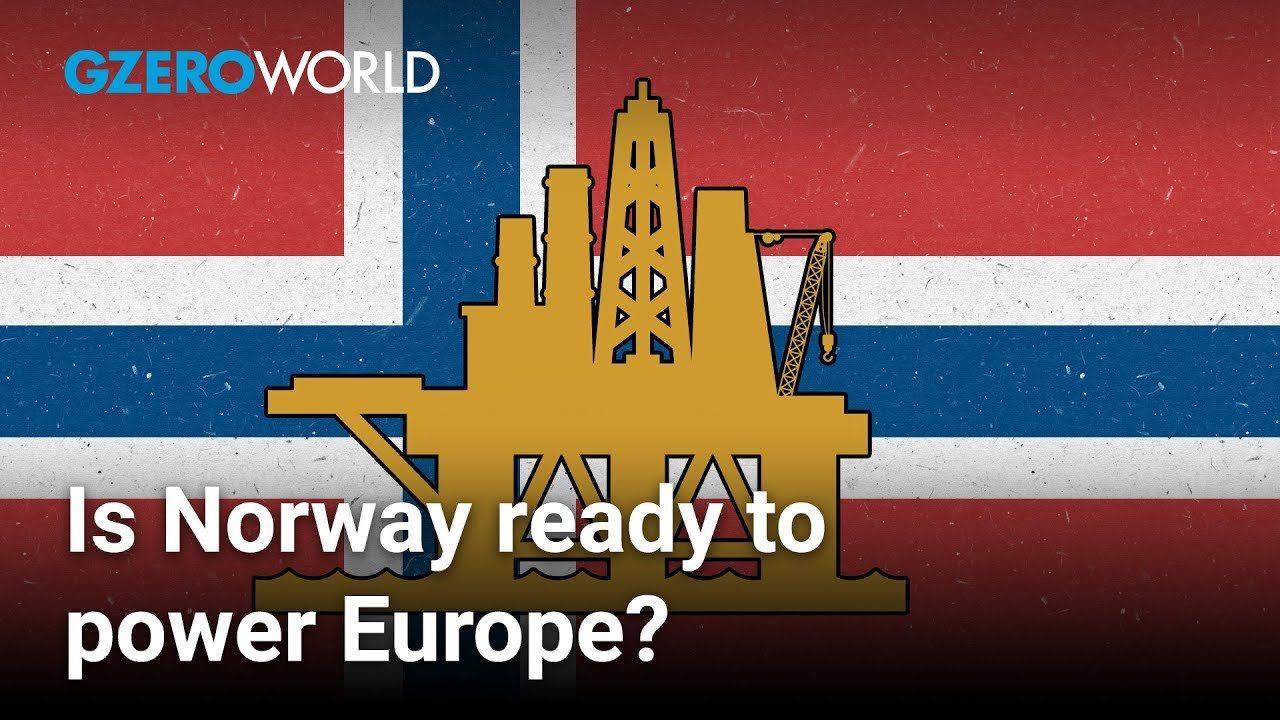GZERO World Clips
Norway's PM Jonas Støre says his country can power Europe

Norway's PM Jonas Støre says his country can power Europe | GZERO World

Norwegian Prime Minister Jonas Støre is optimistic about his country’s progress in the global energy transition, particularly regarding the pivot from reliance on fossil fuels to a broader adoption of renewable energy sources. And given Norway’s increased importance in supplying Europe with energy, the transition could not come a moment too soon. “I think the energy transition is happening... For the first time you have written down in text all agreeing that there will be a transition out of fossil fuels,” Støre tells Ian in a wide-ranging interview for GZERO World on the sidelines of the Munich Security conference. Støre extolls the significant strides being made despite the prevailing geopolitical tensions and environmental challenges.
Støre points out the collaborative spirit of the international community, which he witnessed at COP 28. The Prime Minister emphasizes the importance of market incentives, technological innovation, and political will in driving these changes. “You cannot make it unless you make the market economy be at the service of the transition." Støre and Ian also touch on the need for a loss and damages fund to support the countries most affected by climate change, underscoring the ongoing efforts to provide financial mechanisms for environmental preservation and sustainable development.
With the US leading production and China driving new reactor development, Bank of America breaks down the who, what, where, when, and why behind nuclear’s return. Stay ahead of global energy trends with Bank of America Institute.
Chris, an Army veteran, started his Walmart journey over 25 years ago as an hourly associate. Today, he manages a Distribution Center and serves as a mentor, helping others navigate their own paths to success. At Walmart, associates have the opportunity to take advantage of the pathways, perks, and pay that come with the job — with or without a college degree. In fact, more than 75% of Walmart management started as hourly associates. Learn more about how over 130,000 associates were promoted into roles of greater responsibility and higher pay in FY25.
Last week, at the Munich Security Conference, a group of global technology providers, including Microsoft, announced the Trusted Tech Alliance — committed to shared, verifiable principles for trusted, transparent, and resilient technology across borders. At a moment of economic volatility and zero-sum technological competition, countries and customers are demanding greater accountability from technology providers. The Alliance addresses this by bringing together companies from across Africa, Asia, Europe, and North America around shared commitments: transparent governance, secure development practices, supply chain oversight, open digital ecosystem, and respect for the rule of law — ensuring the benefits of emerging technologies strengthen public trust while driving job creation and economic growth. Explore the Trusted Tech Alliance here.